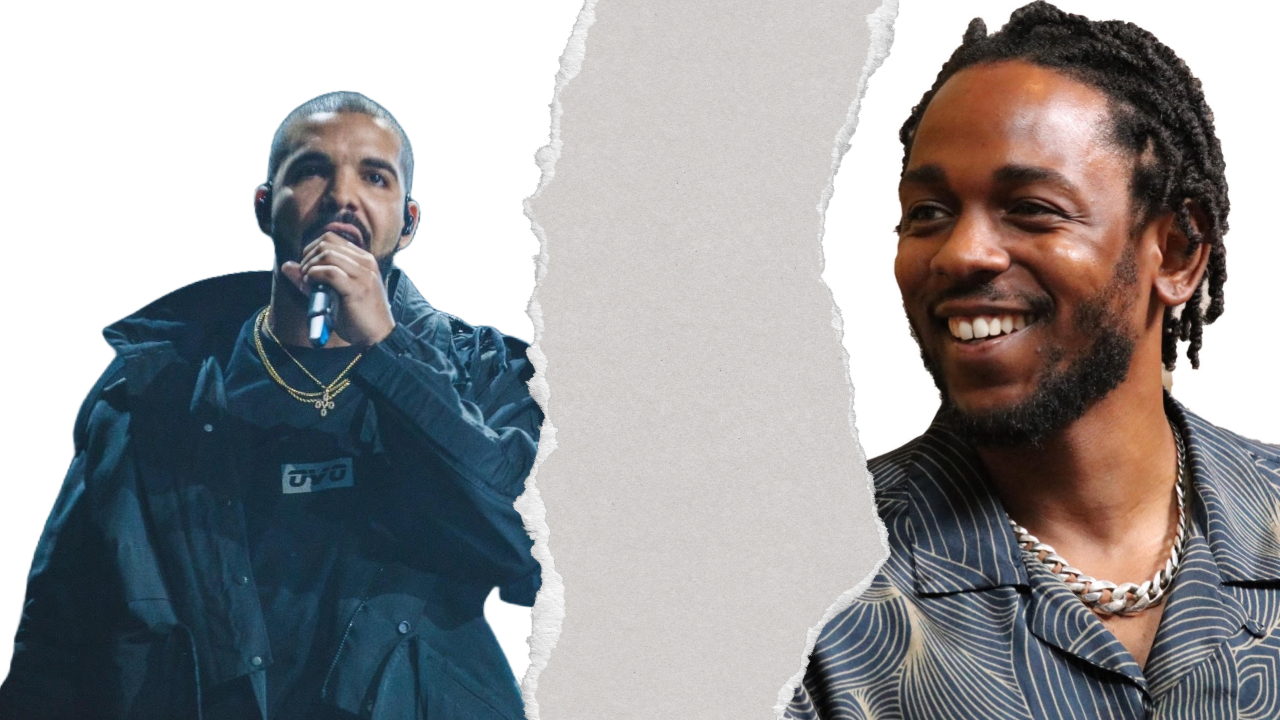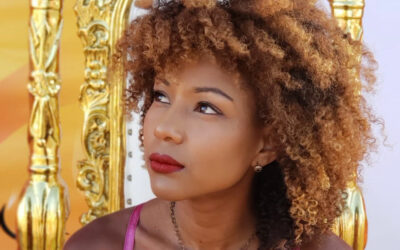In recent weeks, the hip-hop community and gossip enthusiasts have been intensely focused on the feud between Kendrick Lamar and Drake. With each diss track, the two artists have taken increasingly personal shots at each other, drawing in fans who scramble to decode their complex lyrics and references. Spotify even highlighted the rivalry with a Times Square billboard declaring, “Hip-hop Is a Competitive Sport.” Drake’s mention of Taylor Swift in his track “Taylor Made Freestyle” and Kendrick’s response with “6:16 in L.A.” featuring Swift’s producer Jack Antonoff, have only escalated the drama.
However, the feud has taken a troubling turn as the insults have grown more personal, involving not just collaborators but also family members. Drake has accused Kendrick of cheating on and abusing his wife, Whitney Alford, while Kendrick has labelled Drake a trafficker, paedophile, and deadbeat father. These serious and unverified claims exploit the trauma of numerous women, revealing that neither rapper seems concerned about the alleged victims.
Ironically, both rappers accuse each other of not supporting women. On “Euphoria,” Kendrick asserts that Drake doesn’t like women, a claim supported by Drake’s history of misogynistic lyrics and actions. Drake’s past includes slut-shaming women and unnecessary attacks on female artists like Megan Thee Stallion, as highlighted in his line from 2022’s “Her Loss“: “This bitch lie ’bout getting shot, but she still a stallion.” Yet, Kendrick has supported abusers like R. Kelly and featured Kodak Black, an artist with a controversial history, on his latest album.
Drake, equally hypocritical, has dragged Kendrick’s wife into the fray, questioning her fidelity and Kendrick’s racial politics on “Family Matters.” He insinuates that Kendrick’s relationship with his mixed-race wife and alleged infidelities are signs of insecurity. Drake treats his shocking allegation that Kendrick physically abuses Alford as a punchline rather than a serious accusation, further trivializing the issue of domestic violence. He raps, “When you put your hands on your girl, is it self-defence ’cause she bigger than you?” turning a grave accusation into a taunt about Kendrick’s physique.
Kendrick responds in “Meet The Grahams” by accusing Drake of having inappropriate relationships with young women, including Millie Bobby Brown. He raps, “We hate the bitches you fuck ’cause they confuse themself with real women,” a line that reveals Kendrick’s own misogyny by blaming the young girls instead of Drake’s ethics. On “Not Like Us,” Kendrick labels Drake a ‘certified paedophile’ and claims OVO is a haven for ‘sex offenders.’
Both artists use their lyrics to portray the other as effeminate, reinforcing sexist stereotypes. Drake mocks Kendrick for his height with lines like, “How the fuck you big steppin’ with size 7 mens on,” while Kendrick fires back by comparing Drake to female rapper Sexxy Red, saying, “I believe when you stand next to Sexxy Red you see two bad bitches.”
Producer Metro Boomin has even launched a “BBL Drizzy” challenge, promising a free beat to the fan with the best verse hashtagged with #bbldrizzybeatgiveaway, highlighting the misogynistic undercurrent of the feud.
As they hurl accusations, Kendrick and Drake reveal their own deep-seated misogyny. Kendrick undermines his supposed feminist stance by patronizingly advising Drake’s alleged hidden daughter, while Drake’s attempts to undermine Kendrick’s masculinity reflect his own insecurities.s. Their battle, while entertaining to many, ultimately exposes their shared disrespect for women.
Social media has been abuzz with reactions, some enjoying the drama while others criticise the rappers’ hypocrisy. Their allegations of mistreatment and abuse highlight the irony of two men, known for their sexist attitudes and support of abusers, trying to discredit each other on these grounds.
In their initial diss tracks, both hinted at serious dirt on the other. Drake warned of revealing more on “Push Ups,” with the line “This ain’t even everything I know, don’t wake the demon up,” while Kendrick’s “Euphoria” hinted at the ‘certified paedophile’ allegations he later made, with the line “Don’t tell no lie about me and I won’t tell truths ’bout you.” These threats seemed like standard posturing until they devolved into disturbing accusations.
The escalation came when Drake, on “Family Matters,” accused Kendrick of hiding domestic abuse behind a facade of a happy family, claiming Kendrick’s wife “be posting on the Gram tryna hide the bruises.” Kendrick retaliated with “Meet The Grahams,” accusing Drake of inappropriate relationships with young women, including Millie Bobby Brown and Billie Eilish. Kendrick’s core message is of Drake being a hypocrite, calling out how he disses “bitches” while himself being an alleged predator. Though the allegations have shocked fans, it doesn’t take much thought to see how the accusations merely play into both artists’ view of women.
Drake accuses Kendrick of being abusive while referring to his wife as “your lil’ mixed queen.” His disses of Kendrick make a point to infantilize Kendrick by calling him “baby K. Dot.” Meanwhile, Kendrick delivers “punchlines” suggesting that Drake is so physically overpowered by his baby mother that his physical abuse of her qualifies as self-defense.
By levelling these allegations against each other, Drake and Kendrick Lamar are highlighting their shared misogyny. Their failure to identify with their alleged victims or even women in general is glaring as they insist on defining their beef through the lens of women as points to be scored. The most galling aspect is that women are simply tools to express that the other isn’t masculine enough. It’s a self-defeating dynamic that leaves the public looking at two men who are, in reality, losing credibility with every bar.




